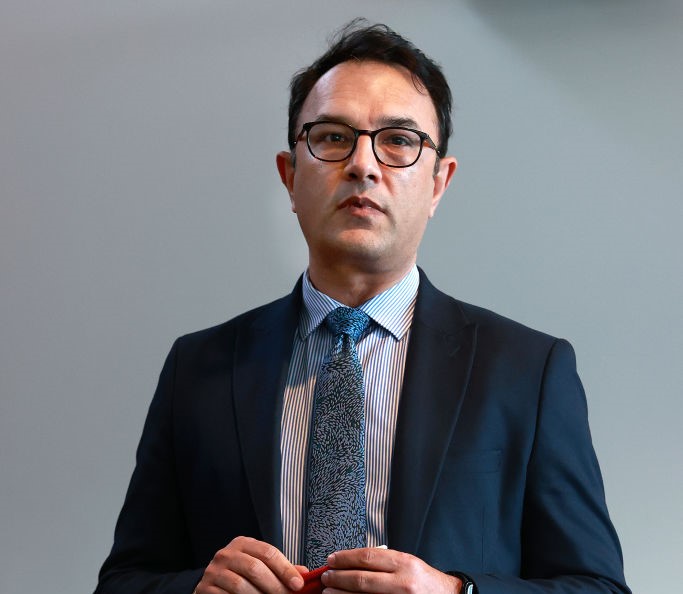Canberra is home to more than 110 diplomatic missions but none are more resolute in continued diplomacy than the Embassy of Afghanistan, operating without government guidance or financial support since the country fell to the Taliban in 2021.
Afghan ambassador to Australia, His Excellency Wahidullah Waissi has stayed at his post “to support not just the land of Afghanistan but the soul of his nation”.
“There were some difficulties at the very beginning after the collapse, we really didn’t know what to do in terms of who should tell us what to do,” Mr Waissi said today at the National Press Club. “Diplomats solely receive directions – that direction is no longer there.”
Around the world, 40 diplomatic missions for Afghanistan have developed their own governing system, the Council of Ambassadors. They collaborate with one another on agendas for running each mission and pool their resources.
“Some embassies had their resources continued but some embassies have scarce resources,” Mr Waissi said.
“It depends on the diaspora community; the more you have the diaspora community, the better you can generate revenue [the embassy offers 25 types of services]. The model we continue to approach is the cost efficiency model, which allowed us to utilise the revenues for our expenses, while down-sizing our staff, keeping our expenditures very low. Other embassies applied to other embassies for more resources to help.”
The Afghanistan community in Australia numbers about 100,000.
In Canberra last year, volunteer construction workers from Sydney, Melbourne and Canberra worked over three weekends on the Embassy of Afghanistan, carrying out repairs and maintenance that would have otherwise cost the embassy tens of thousands of dollars.
“This act bolstered the morale of myself and my team,” Mr Waissi said. “The steadfast commitment of Afghan diplomats is of utmost importance. Many diplomats like myself and my team have remained abroad.”
Mr Waissi was speaking in Canberra as part of the Canberra Writers Festival – a luxury when you consider a writers festival held in Kabul last year was closed down by the Taliban and books confiscated.
He said his embassy in Canberra was not just a building but a symbol of hope, connection and sovereignty.
“Despite challenges, we have managed to keep the doors open,” Mr Waissi said.
“Often those who visit us are not only here for consular services. They arrive quietly, park their cars, and stand tall to take a selfie with the flag. It’s not just a simple photo; it’s a profound act. Each selfie captures more than just faces; it encapsulates memories, shared histories, respect for their ancestral land and aspirations for a brighter and more promising future.”
Mr Waissi said he had remained at his diplomatic post because the embassy represents the idea of the country that has been lost and the dream of the country that could be. Tomorrow (19 August) is his country’s national day – Afghan Independence Day.
“Our national day is our pride; it is not given to us, we earned it,” he said. “We use any available opportunity to celebrate that. Celebration of national day is an act against what is happening in Afghanistan.”
Canberra Daily is keen to hear from you about a story idea in the Canberra and surrounding region. Click here to submit a news tip.



